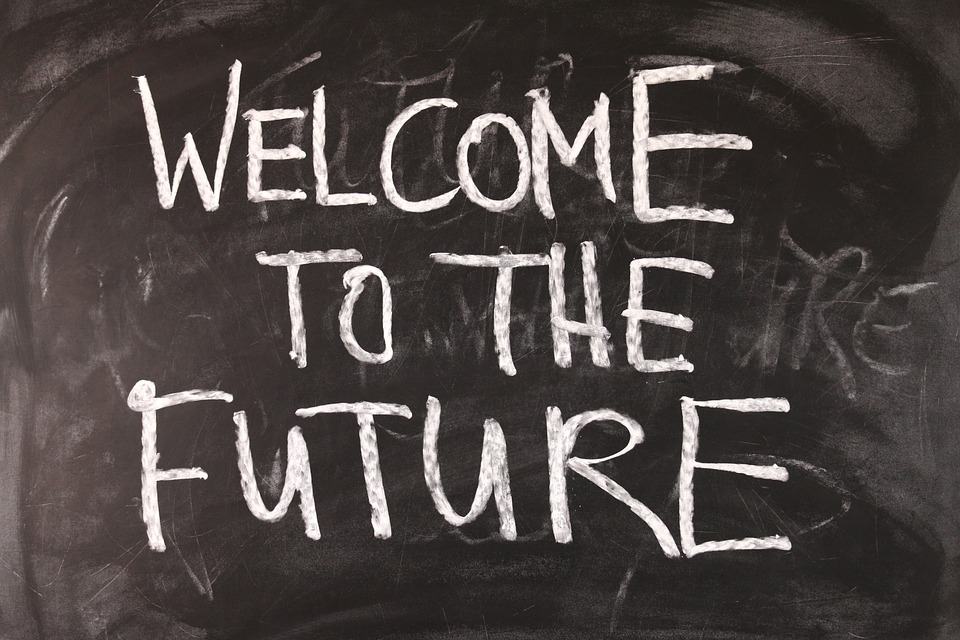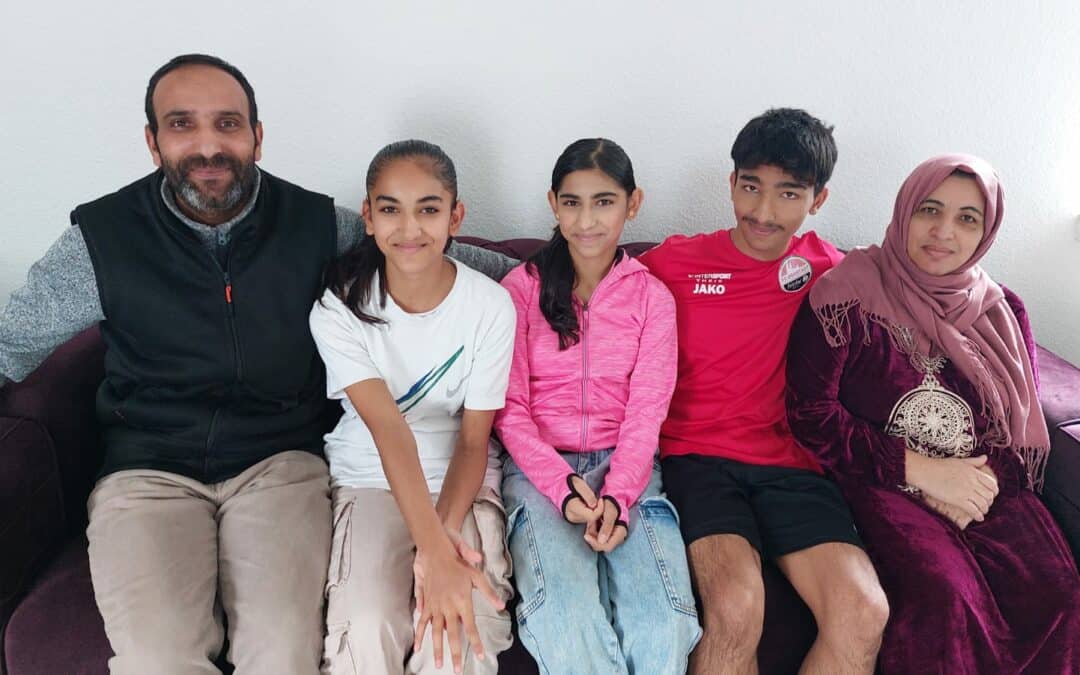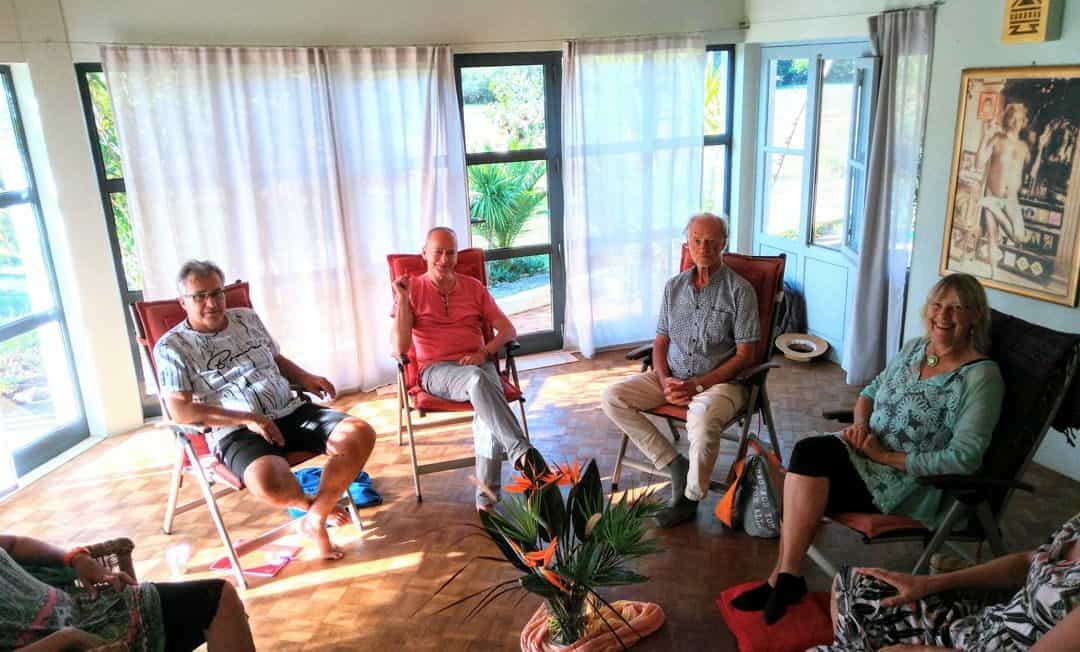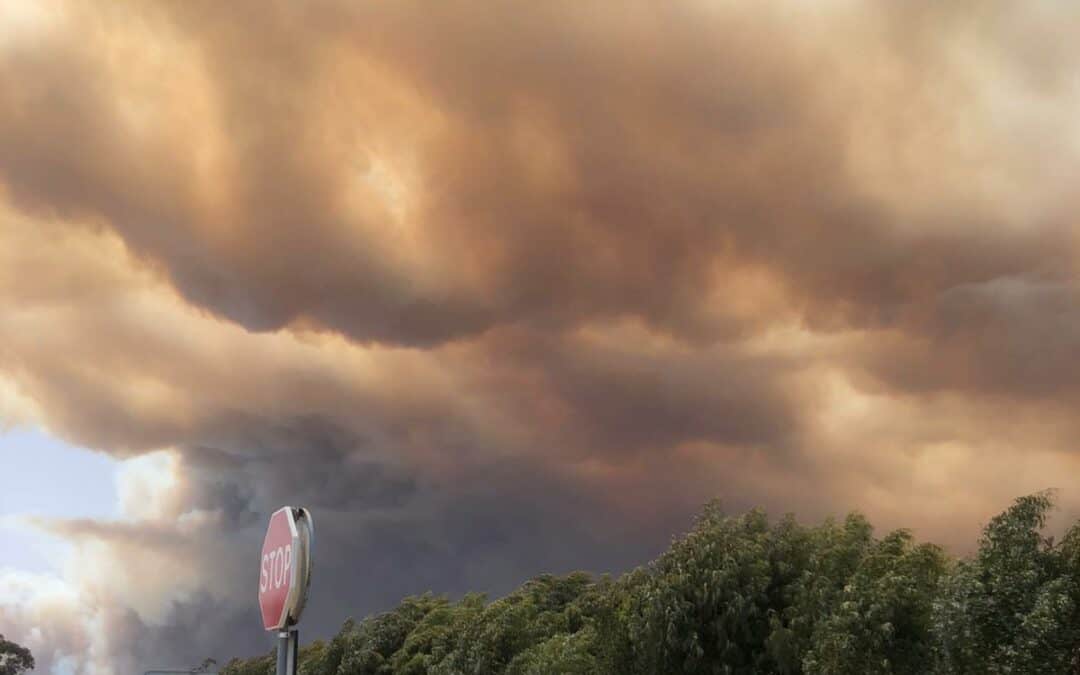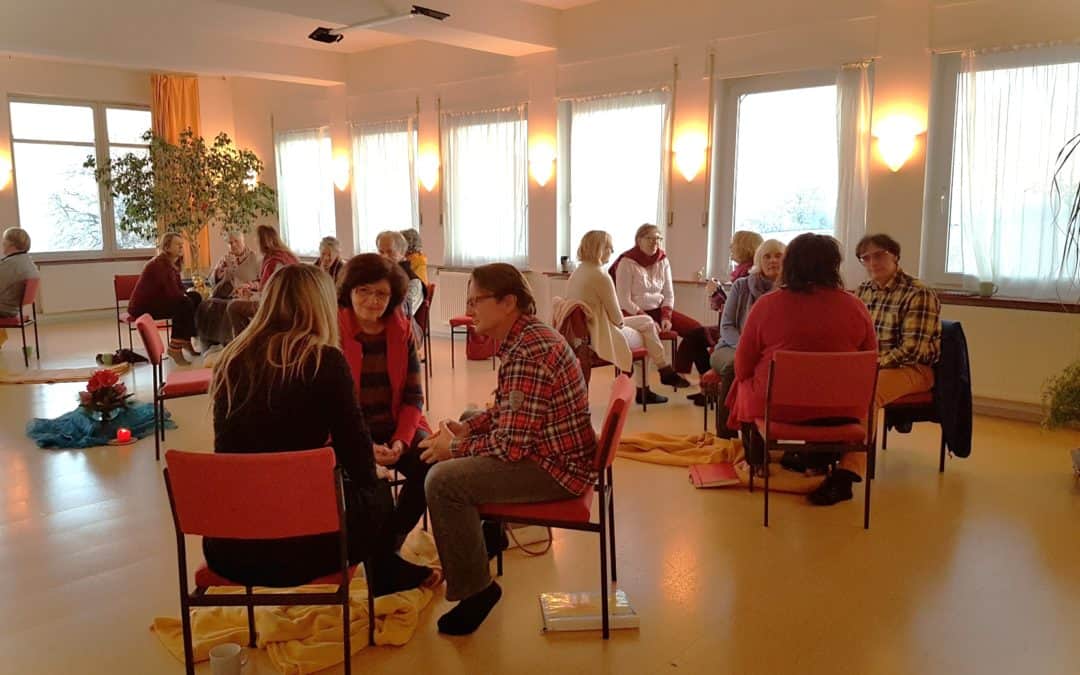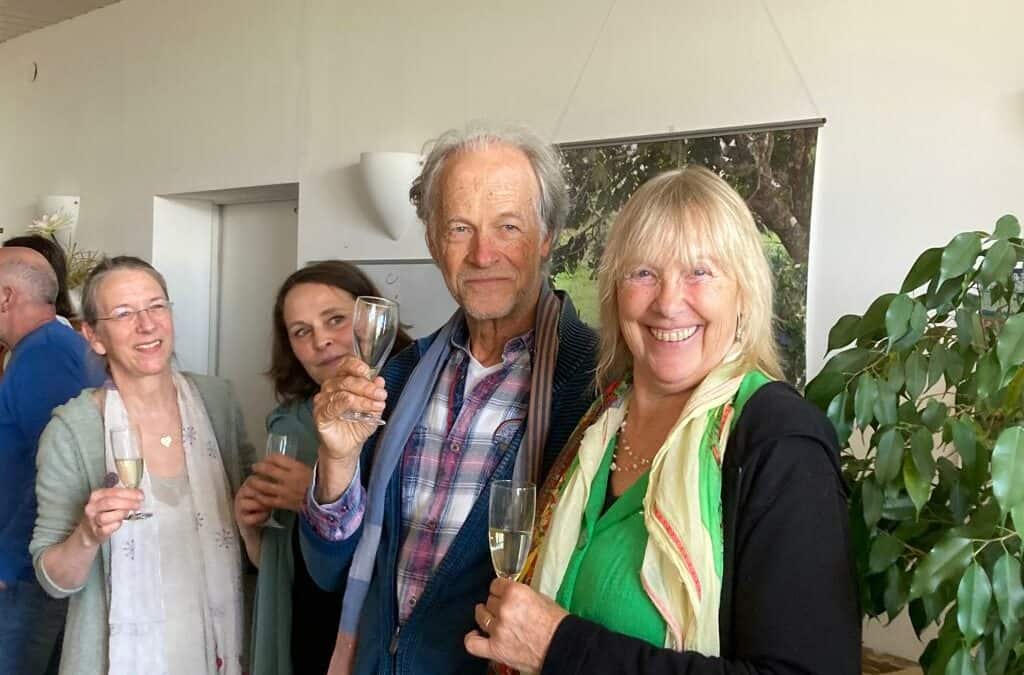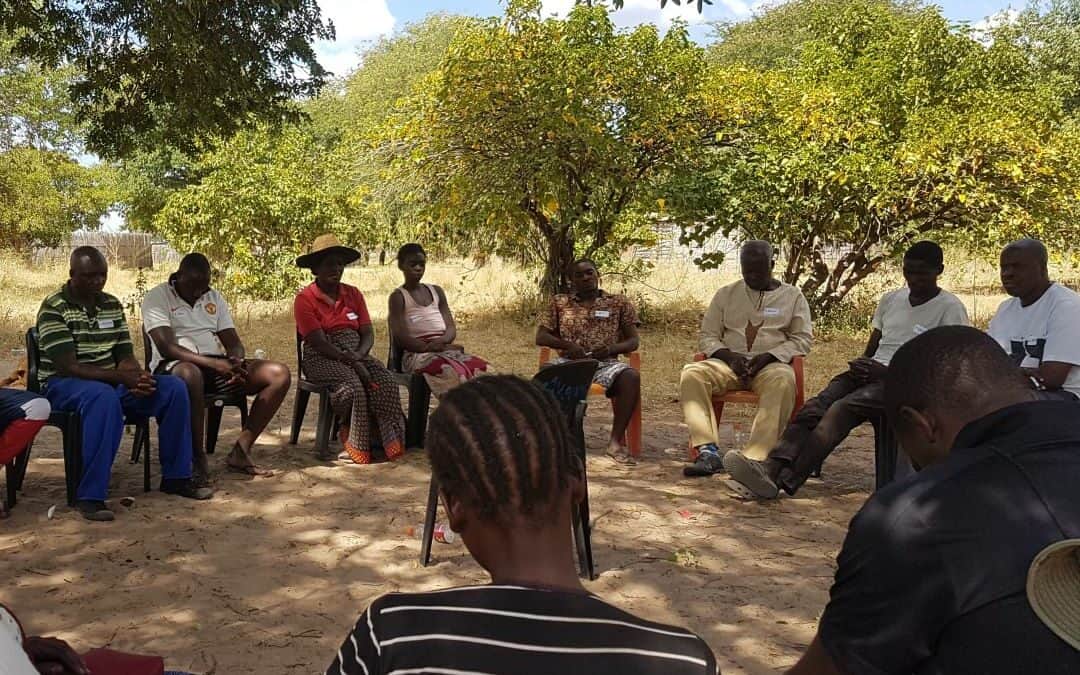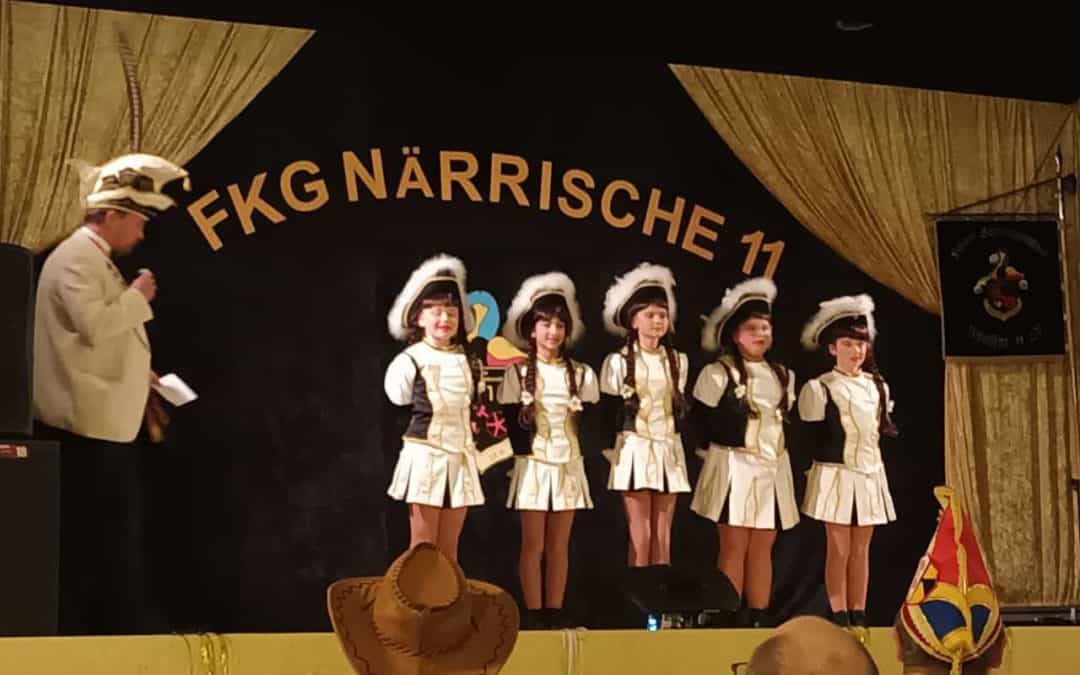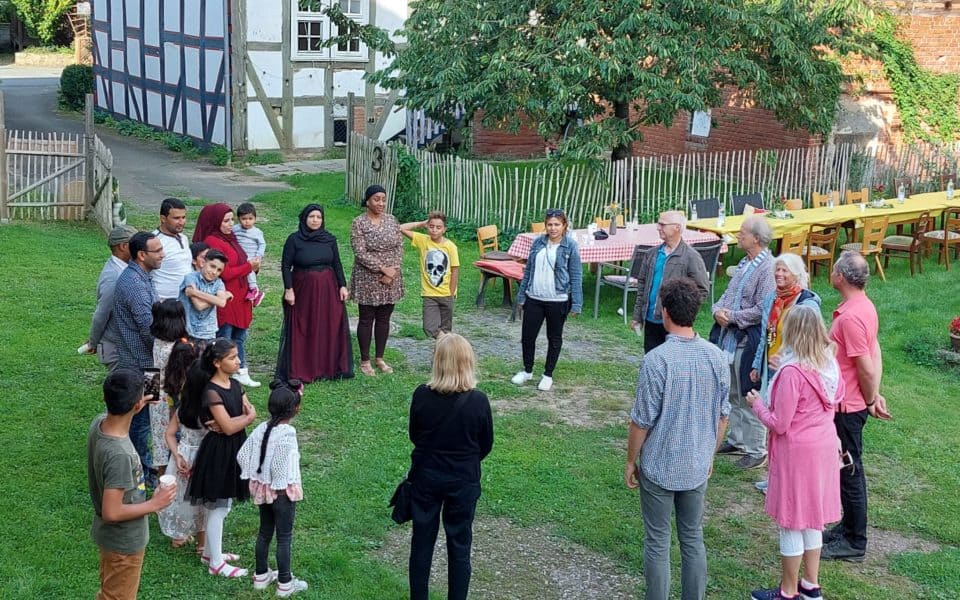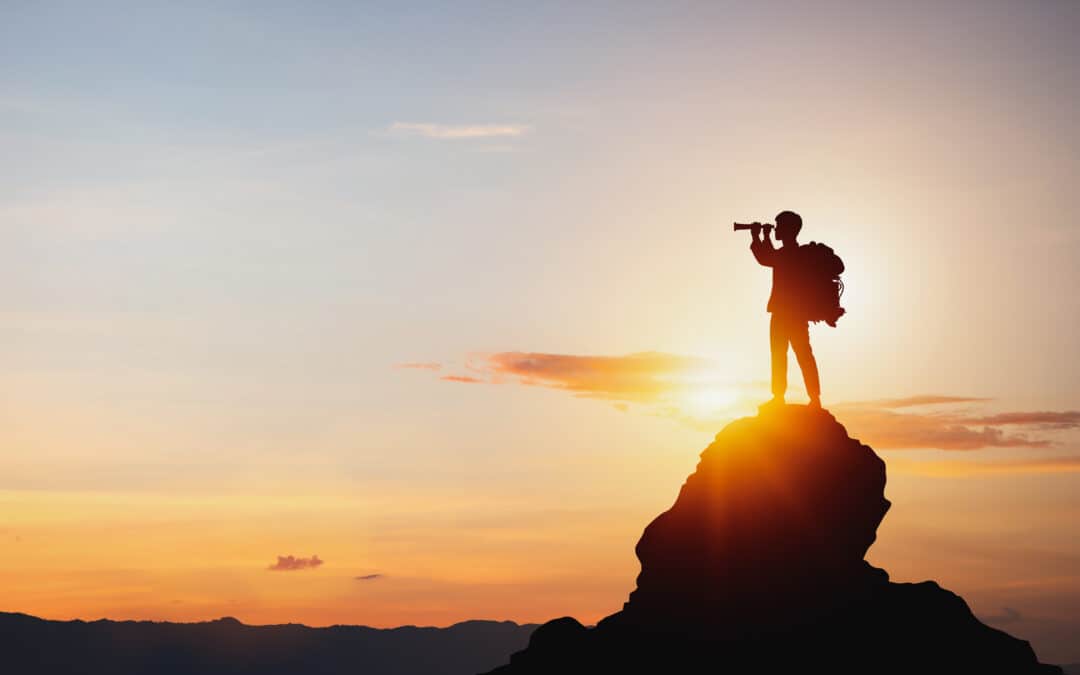Can we imagine what it would feel like to live in a world and self-awareness that centers on the question of what life is essentially about? And what it’s like to not only move the question, “What does it mean to live well?” subjectively for ourselves, but to explore it in deep, trusting dialogues? And what it is like to be part of a new culture of conversation that focuses our collective gaze on what is desirable as the future: as a question about the good life that some level within us suspects or knows is possible. By embedding this question in an evolving “warmth stream” (as Josef Beuys called it) of dialogue that is experienced as a living resonant space; in a steadily becoming coming together that resonates positively, and inspirationally in our interests, decisions and actions. A coming together that gives courage, opens up spaces of possibility, and finds a place in our daily lives.
In this way, these and other qualities can arise between us and contribute to our becoming participants in dialogues about the future that are dedicated to what is essential in life. This is where various initiatives by organizations and networks worldwide are already focusing on precisely this concern. One’s own imagination is the basic ability for a sustainable development of our future. This means future “not as a place or space, but is understood as a human ability. It is not far away, but here and now, between and within people” (R. Benedikter in: evolve 36 ). The central role of this has also been recognized by UNESCO, the world, educational, cultural and scientific institution as the great task of our time. According to Prof. Roland Benedikter, one’s own individual imagination “is a basic ability for a sustainable development of our future.
Not one future, but many futures
“The basic idea of future formation is that there is not one future, but many futures. These many futures coexist simultaneously and move with each other in a constant interplay. Moreover, they all change over time – because they exist in people, relationships, and things that change. Therefore, it is important to consider them both in their diversity and commonality and to look at them together. To do this, dialogue is necessary. This dialogue should not only take place for a certain period of time, but constantly. Also, this future-building should not only take place “from top to bottom”, but reciprocally and transversally. It is thus not only an individual human development process, but also a relational process.” This also essentially includes the human ability to develop and unfold in “we” contexts, which includes special spaces for dialogue and conversation in which collective, future-oriented learning and communication are promoted and stimulated. Future-building in this context consists of organizing joint dialogues about the future. This is intended to open up new possibilities for participation in possible futures and thereby allow these futures to emerge and mature as a shared and open social project.
We as FNNF – Future Now Network Foundation – are deeply committed to advancing the development of a variety of these future dialogue formats in the form of networking. This capacity strengthens the resilience and self-renewal capacity of people and organizations. The network founded and unfolding for this purpose within the framework of the FNNF sees itself as an engaged space in which this development is actively promoted, supported and co-creatively developed.
—
Prof. Dr. Dr. Roland Benedikter appeared in evolve 36 / November 2022 to January 2023, p.69 And speaks at the UNESCO Chair for Interdisciplinary Anticipation and Global-Local Transformation

